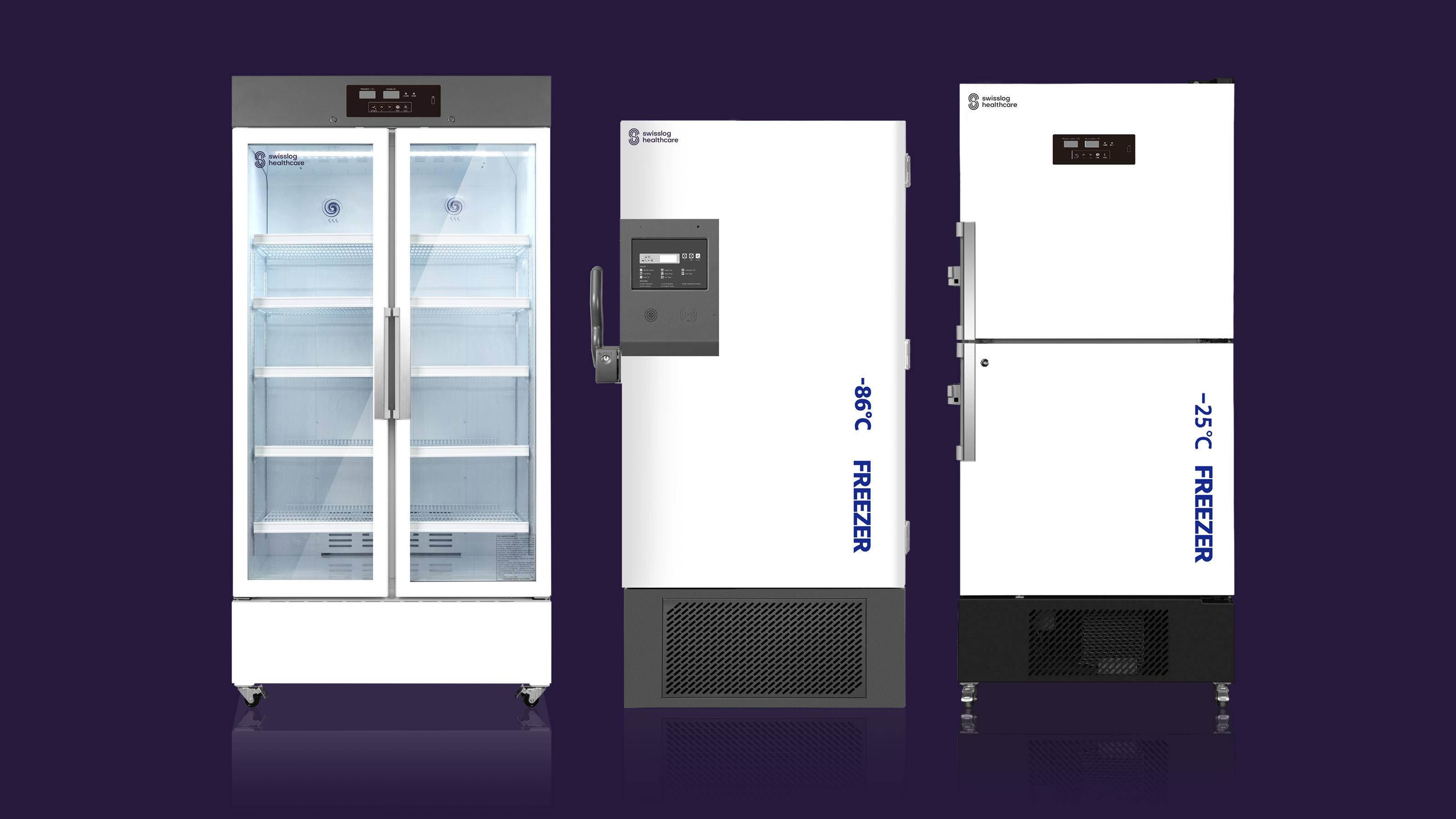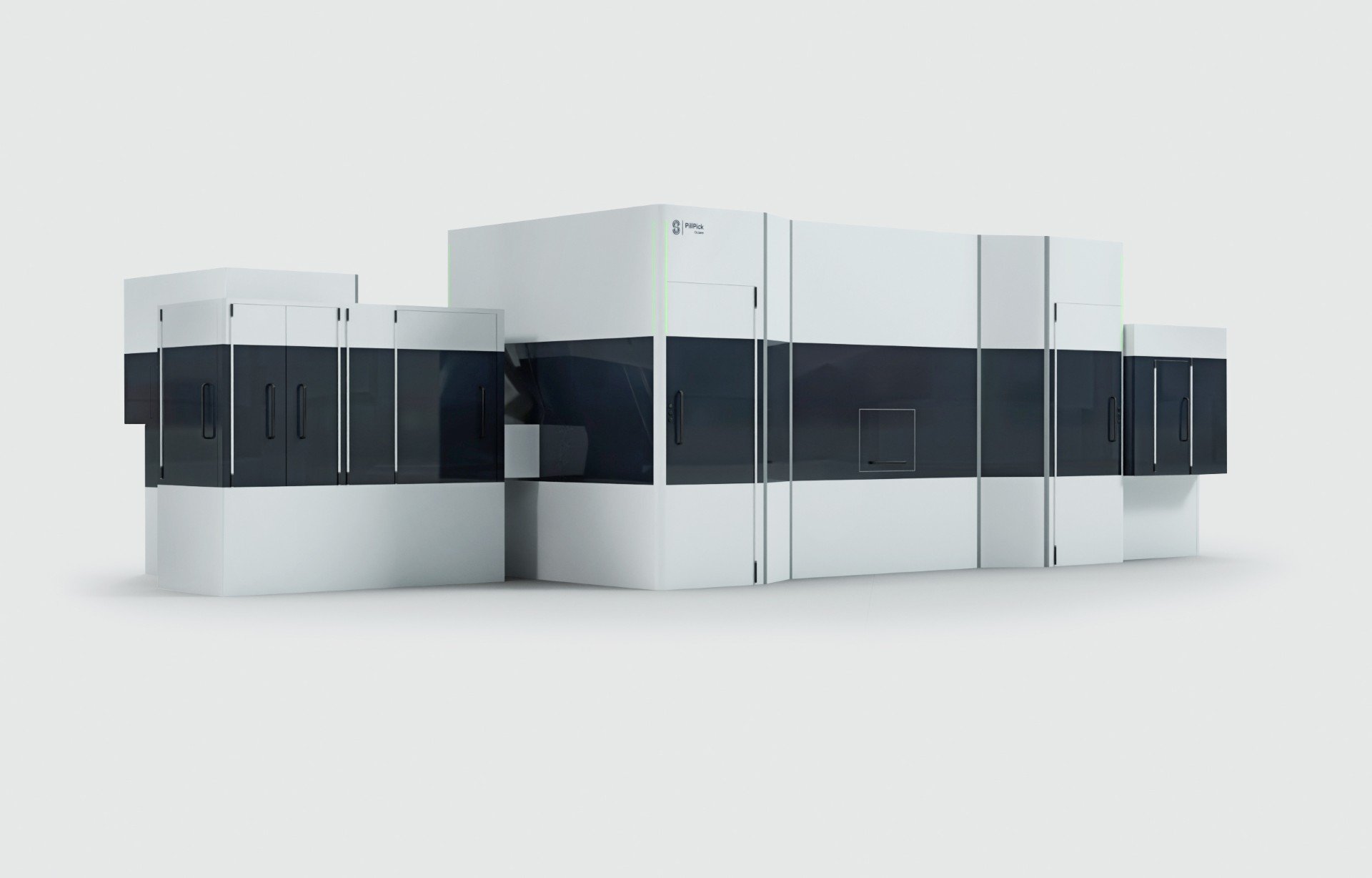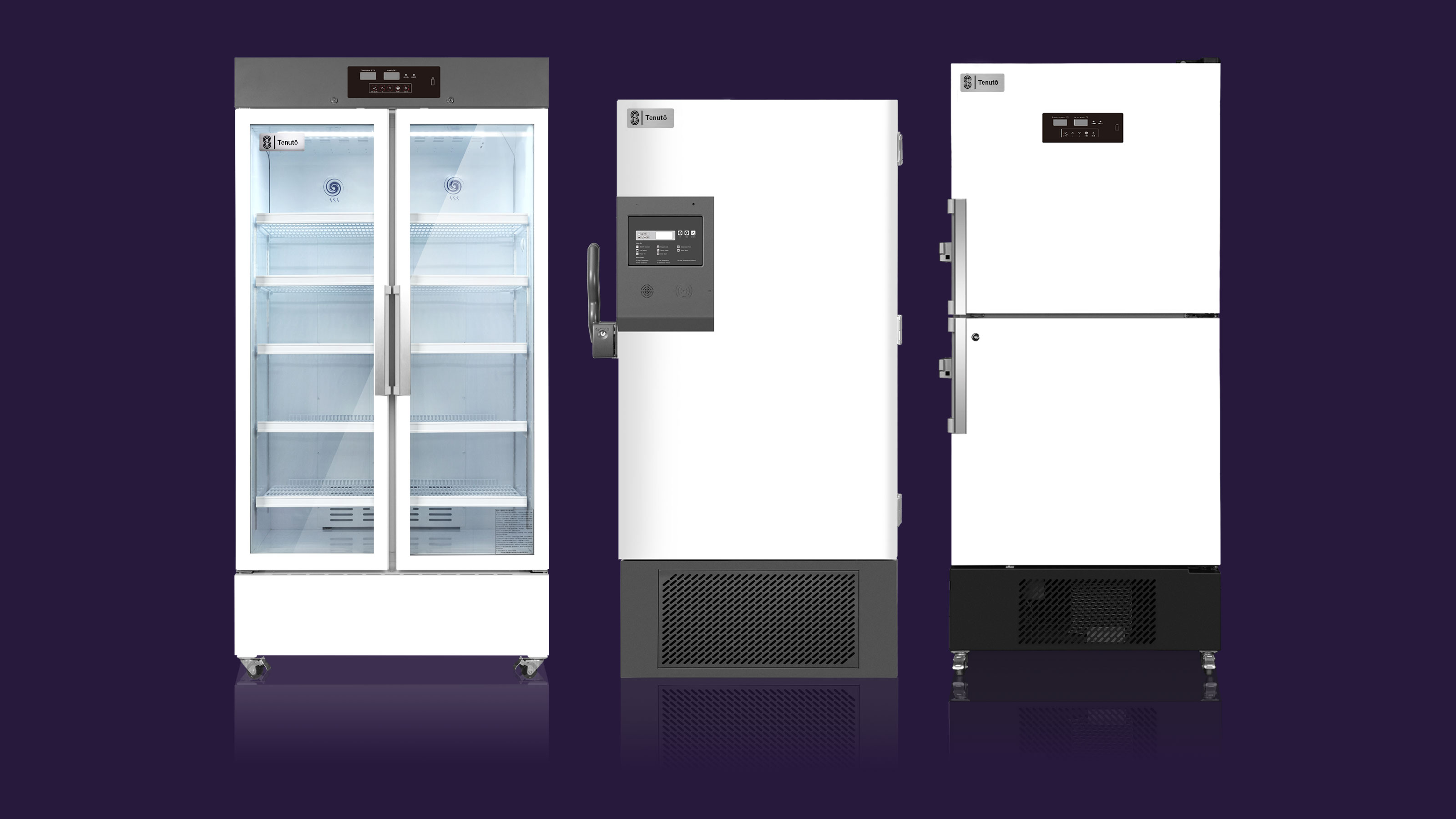Cooling systems are vital in managing the cold supply chain, helping that each process runs smoothly from storage to transportation. They are an irreplaceable part of any cold chain management system and help make storage of medicines in hospitals safer. They feature a comprehensive monitoring system and assets designed specifically for use in healthcare.
What is cold chain managemant?
The topic of cold chain management has already emerged in the late 18th century, when fishermen searched for a way to preserve their catch before reaching the harbor. Their simple yet efficient solution: ice. During World War II, cold chain logistics became more sophisticated in supplying soldiers in war zones and military hospitals. Food, medication and blood transportation had to be cooled for longer periods of time before reaching their remote destinations. Today, it is more present than ever in various fields, such as:
- the food industry,
- chemistry and
- healthcare – of course.
Throughout the manufacturing, packaging, storing and distributing process of temperature-sensitive products, temperature stability is needed. In hospitals, this is especially relevant for medication, narcotics and vaccines that require cooling or frozen storage with temperature control. Hospitals need to ensure that products are transported and stored meticulously to maintain the cold chain's integrity. This is where supply chain management and cold chain logistics play a crucial role. After a safe transportation to the healthcare institution, those products immediately have to be transported to a suitable storage location. The systems used to store cold chain goods have to meet high standards: Operating in a healthcare environment entails extra caution and precision. Patients’ lives depend on absolute accuracy and any error could prove fatal. The systems have evolved from simple fridges to refined cold chain equipment which not only ensures temperature stability, but at the same time monitors the following parameters:
- humidity
- temperature deviations
- inventory
With medical refrigerators and freezers, patients can be sure their temperature-sensitive goods are stored in the right cold environment.
The importance of cold chain management
Cold chain logistics and the correct warehousing and tracking of temperature-sensitive products is more important than one might think at first. If anything goes wrong during storage, the product can become ineffective, unsafe or unusable. Many of widely known pharmaceuticals and vaccines need cold storage. For example, Covid-19 vaccines are stored in fridges to preserve the active ingredient. Stored outside a refrigerator, the vaccination can become ineffective. Insulin for diabetes patients also follows special rules. If it is stored in the wrong way, the enzyme might lose its effectiveness.
Proper packaging and monitoring prevent such issues. Effective cold chain logistics ensure that these products are handled correctly throughout the entire supply chain. Find out below why it is necessary to store medical products according to their temperature requirements:
- Patient safety: If medication that requires cooling is stored in a warm environment, it can become dangerous, triggering life-threatening reactions when administered to a patient. Slight temperature deviations are enough to cause toxic degradation products.
- Medication effectiveness: Stored under wrong temperature conditions, pharmaceuticals can become less effective, missing the treatment goal. The active ingredient is weakened and cannot unfold its full potential.
- Avoiding losses: In the worst-case scenario, medication that hasn’t been stored correctly becomes useless and must be disposed of. Constant monitoring of the storage temperature can prevent unnecessary wastage and help maintaining the integrity of the products.







